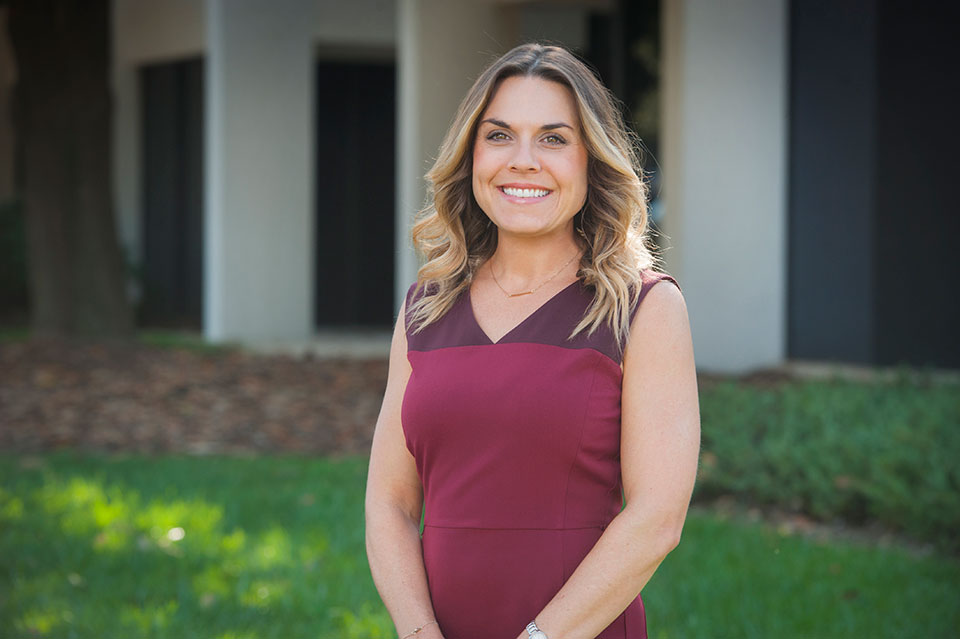by Ashley Earnhar
RALEIGH, NC – In North Carolina, if Defendants are paying temporary total disability benefits (TTD) on an accepted claim, Defendants must obtain an order from the Commission before they can terminate payment of TTD benefits, unless the injured worker has voluntarily returned to work or consented to the termination of TTD benefits. If the injured worker voluntarily returned to work, Defendants must file a Form 28T or Form 28 when TTD benefits are terminated.
There are several scenarios when Defendants should utilize the Form 24 process to terminate TTD benefits. Most commonly, Defendants will seek to terminate payment of TTD benefits when the authorized treating physician releases the injured worker to full duty. Defendants generally must have an unrestricted full duty release to return to work. A return to work “as tolerated” status is not enough. It is also important that the injured worker has been released to full duty as to all accepted body parts/conditions.
Another basis for filing a Form 24 is when an injured worker unjustifiably refuses suitable employment. Prior to filing the Form 24, and when the injured worker has not yet reached maximum medical improvement (pre-MMI), Defendants first step is to secure a written and approved modified job description. Defendants must get a written job description of the modified position from the employer that fits within the injured workers’ pre-MMI work restrictions. That modified job description must be reviewed and approved by the injured workers’ treating provider(s). Defendants must then offer the approved modified job description to the injured worker. It is good practice to include in the job description and job offer a proposed schedule and start date. If the injured worker refuses to accept the approved modified job position, whether outright or simply by no-showing on the proposed start date, Defendants then have ground to file a Form 24.
Defendants should ensure that they submit all supportive documentation with their Form 24. The Commission generally prefers to see both the office note and work note, if a separate work note exists, for the visit during which the injured worker is released to full duty. Regarding modified duty job offers, the Commission generally prefers to see documentation of the injured workers’ work status, documentation of the physician’s approval of the modified job description, the job offer letter (or email, etc.) to the injured worker offering the modified position, and if available, documentation of the injured workers’ refusal of the modified job position.
Another basis for filing a Form 24 is when an injured worker unjustifiably refuses to cooperate with medical treatment or vocational rehabilitation. Before a Form 24 can be filed on noncompliance with medical treatment or vocational rehabilitation grounds, Defendants must first go through the Motion to Compel Compliance with Medical Treatment (or Vocational Rehabilitation) process. Once Defendants obtain an order granting such a motion, then Defendants may file a Form 24, if the injured worker continues to unjustifiably refuse to comply with medical treatment and/or vocational rehabilitation.
There are also a few other grounds for filing a Form 24 in North Carolina, which include the injured worker failing to timely complete and return a Form 90 Report of Earnings, the injured worker is incarcerated, and when vocational rehabilitation shows that the injured worker has wage earning capacity. There are also instances where surveillance can be used to support a Form 24.
After Defendants file their Form 24, the injured worker or their attorney has 17 days to file their response. If the injured worker does not timely object or respond, the Commission will review Defendants’ Form 24 application without a telephonic hearing. If the injured worker, or their attorney, timely responds or objects, then the Commission will set a telephonic hearing before a Special Deputy Commissioner within 25 days of receipt of Defendants’ Form 24. Following the telephonic hearing, the Special Deputy Commissioner will issue an order with their decision within 5 days of the telephonic hearing. Unfortunately, since the Form 24 process is a limited evidentiary setting, no lay witness testimony is taken, and the Special Deputy Commissioner cannot weigh the expert opinion evidence. As such, injured workers can, and commonly do, obtain an unauthorized second opinion to get work restrictions following the full duty release and before their Form 24 response is due. If Defendants do not prevail on their Form 24, they have the option of filing a Motion for Reconsideration or Form 33 hearing request, appealing the denial of their Form 24.


